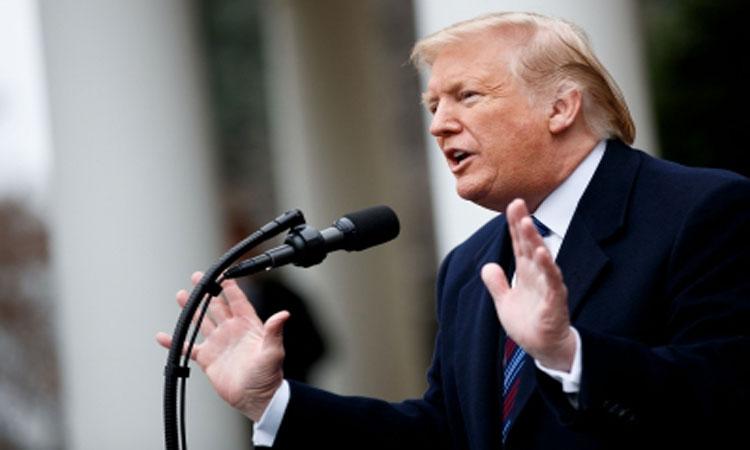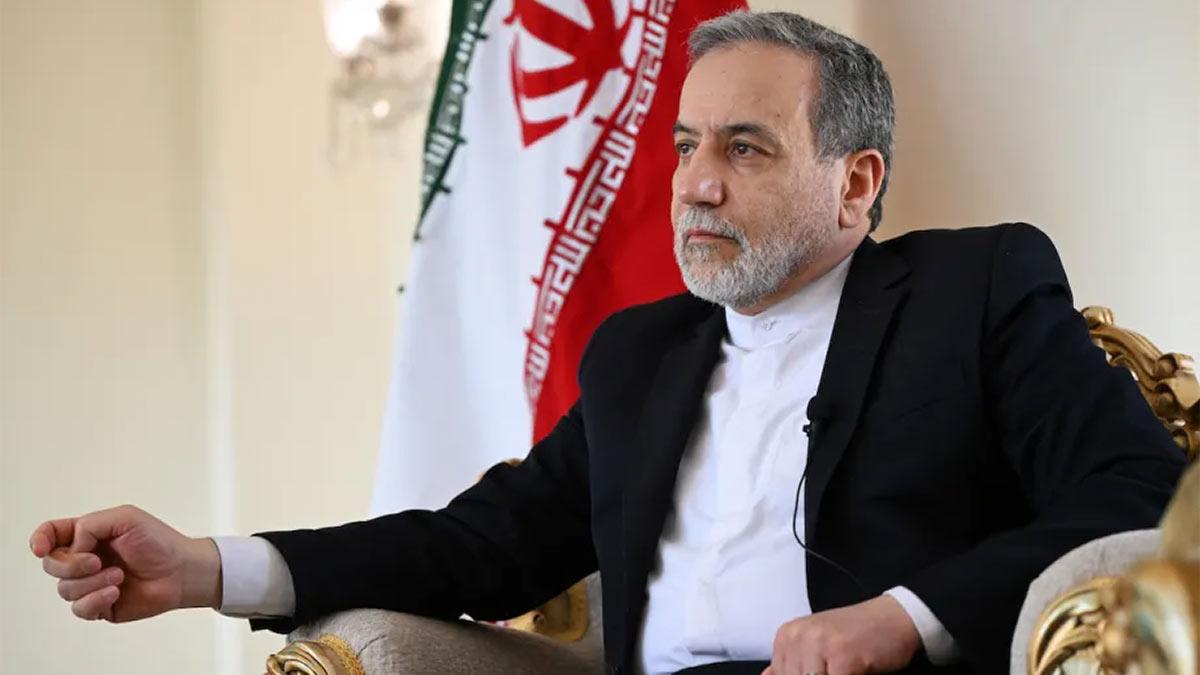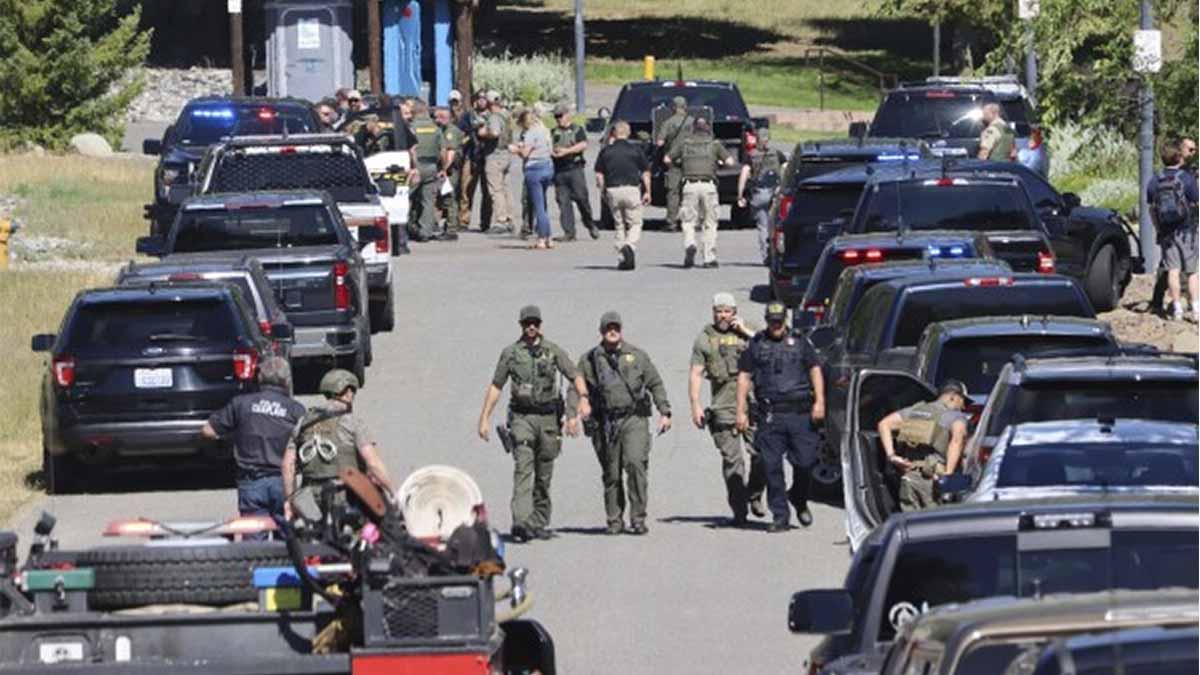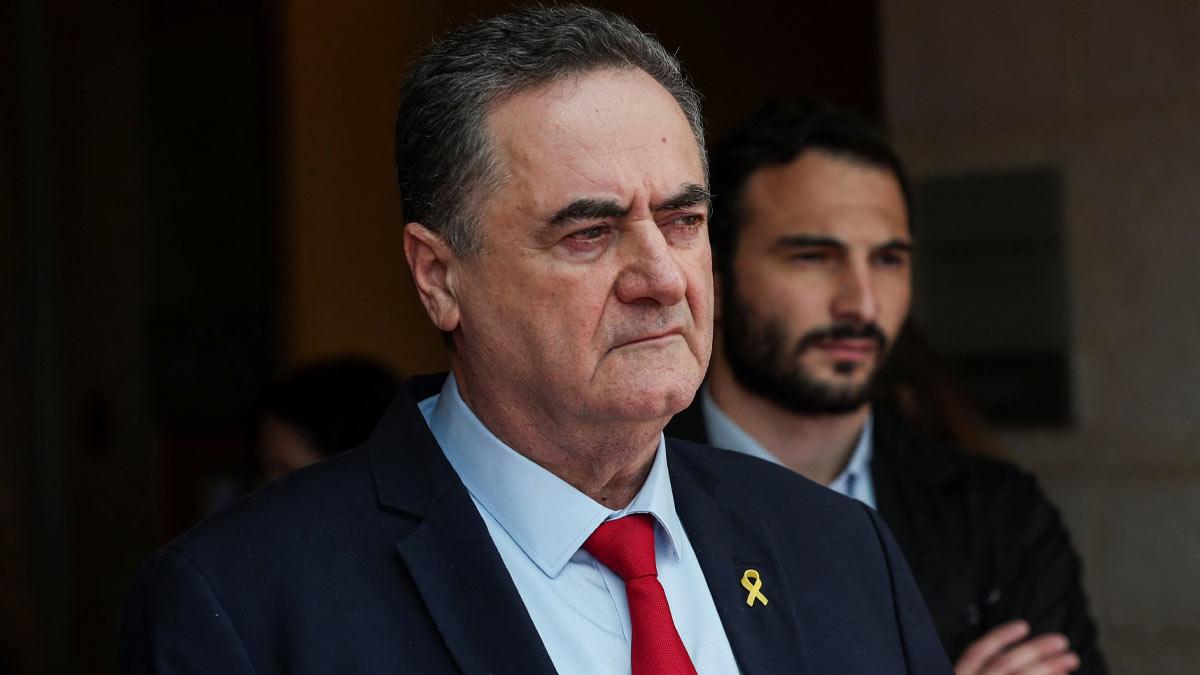Conflicting claims have surfaced in Donald Trump's legal team over the FBI seizure of "classified documents" at his Mar-a-Lago (Florida) residence as his lawyers make a range of arguments to explain why the former US President was keeping hundreds of classified documents after leaving office. But increasingly their explanations are diverging.
In an interview on Thursday, ex-President Trump repeated an argument he has been making for weeks - insisting he had declassified the information before leaving office under his sweeping presidential powers to lift classification of government information.
John Fredericks, a conservative radio host, asked Trump how the stashes of top secret documents had ended up at his Florida resort before being retrieved by the FBI in an August 8 search of his property. Trump replied that one "accumulate(s) a lot of stuff" during a four-year term in the White House. "There's nothing secret about it," he continued. "It didn't have to be anything secret, and it's all declassified."
But in a Palm Beach courthouse on Thursday, his lawyers were making a different case in arguing for a third party to be appointed to inspect the documents retrieved in the search, and for them ultimately to be returned. They focused on arguments that Trump was entitled to keep the documents under executive privilege rules. This, they argued, allows Presidents the right to designate as personal and hold back some government documents from the National Archives after leaving office, Politico reported.
Notably absent was any claim the records had been broadly declassified by Trump, which they also did not mention in a legal filing earlier in the week. Experts have been critical of the defenses mounted by Trump and his legal team so far.
No evidence has emerged to substantiate Trump's claims he declassified the records found at Mar-a-Lago, with "classified" marking clearly visible on folders of documents the FBI pictured in the raid and included in a legal filing this week. In any case, the statutes the DOJ believes Trump may have violated don't require the records to be classified.
Also Read | Activists urge action after UN accuses China of rights violations
Michael Stern, a former lead counsel for the US House of Representatives, told the Business Insider this week that Trump's legal team was unlikely to be successful in arguing for the documents to be returned under privilege rules, as it would require a judge to rule that Trump has more right to the documents than the current administration, a claim for which there's no legal precedent.
Also Read | Biden says Trump, MAGA Republicans represent extremism, are threat to democracy
Stern also argued that privilege rules only apply to communications between a President and their close advisors, not to intelligence or government documents more broadly.
Some of Trump's claims about the raid appear to be aimed at riling up his base, the Insider said. The former president baselessly claimed that the FBI may have planted evidence during its search, echoing the convictions of his supporters that a "deep state" of hostile officials has long been plotting against him. But they are claims notably not being repeated by his attorney in the courthouse.


















